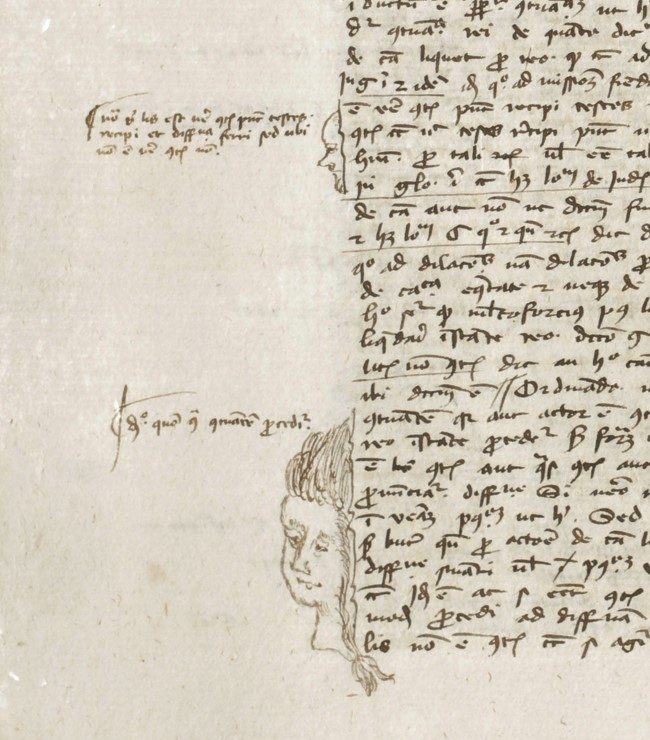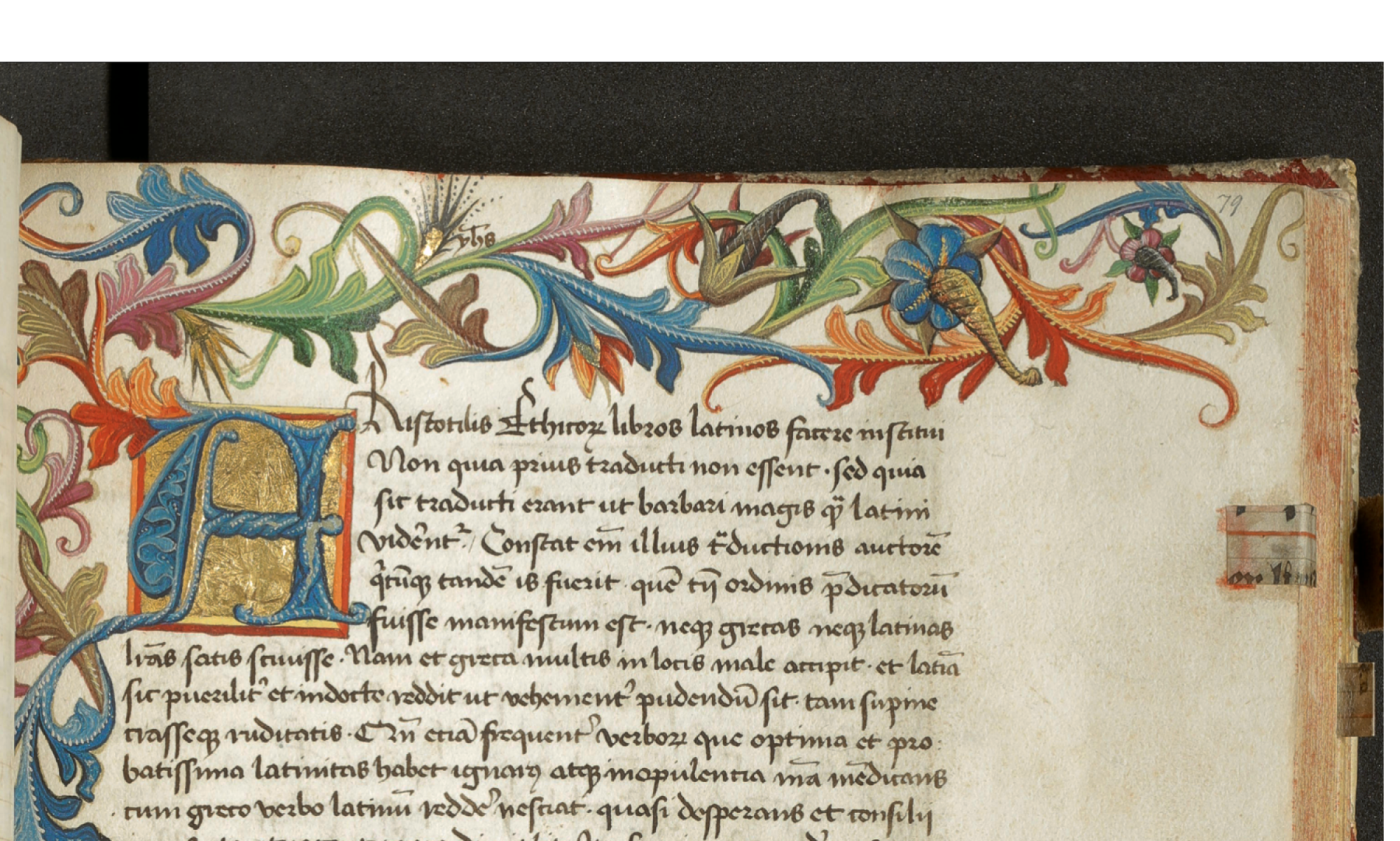Beginning with the influential interpretation provided by Ernst Cassirer over a century ago, modern scholarship has always considered Nicholas of Cusa’s thought in close relation to the ancient philosophical traditions. On the one hand, Cusanus has been seen as a standard bearer of early modern revival of Platonism; on the other, he has been portrayed as an opponent of Aristotelian philosophy and its contemporary scholastic interpreters. However, the question of Cusanus’ relationship to Plato and Aristotle has not yet been adequately answered on the basis of his historically verifiable reading and use of the Platonic and Aristotelian writings. Modern historiography has described Cusanus’ alleged Platonism mainly in the light of his reception of Neoplatonic sources (Proclus, Pseudo-Dionysius the Areopagite and their Latin interpreters); at the same time, Cusanus’ attitude towards Aristotle has often been reduced to his rejection of the principle of non-contradiction, or rather to his proposal to limit its validity in connection with the doctrine of the coincidence of opposites. It is only in the last decade that new studies have developed a more nuanced interpretation, emphasising the influence of Aristotle on Cusanus’ work.
The historical and intellectual circumstances, the doctrinal context, the various testimonies of Cusanus’ direct encounter with Platonic and Aristotelian texts have not yet been the subject of historical-critical research, with the exception of a few specific and partial studies (e.g. Santinello, Haubst, Bormann, Senger, Monfasani, Khorkov). This observation is even more astonishing when one considers that Cusanus’ reading and study of sources can be reconstructed on the basis of the codices in his private library to a degree that today, given the state of tradition, can hardly be claimed for any author of his time.

The manicula project aims to compile and analyse, for the first time in a systematic way, the corpus of Platonic and Aristotelian writings accessible to Cusanus. It will examine Cusanus’ autograph marginalia on Plato and Aristotle, reconstruct Cusanus’ reading practices, and consider the impact of these works on the German cardinal’s thought. Previous studies of Cusanus’ library have clearly demonstrated the relevance and potential of such an approach. In particular, the editions of Cusanus’ marginalia to Albert’s commentaries on Pseudo-Dionysius the Areopagite (Baur), to the writings of Proclus (Steel, Bormann, Senger), Apuleius and Hermes Trismegistus (Arfé), Meister Eckhart (Frost), and the publication of Cusanus’ excerpts from the works of Raimundus Lullus (Colomer, Pindl-Büchel, Roth) should be mentioned.
